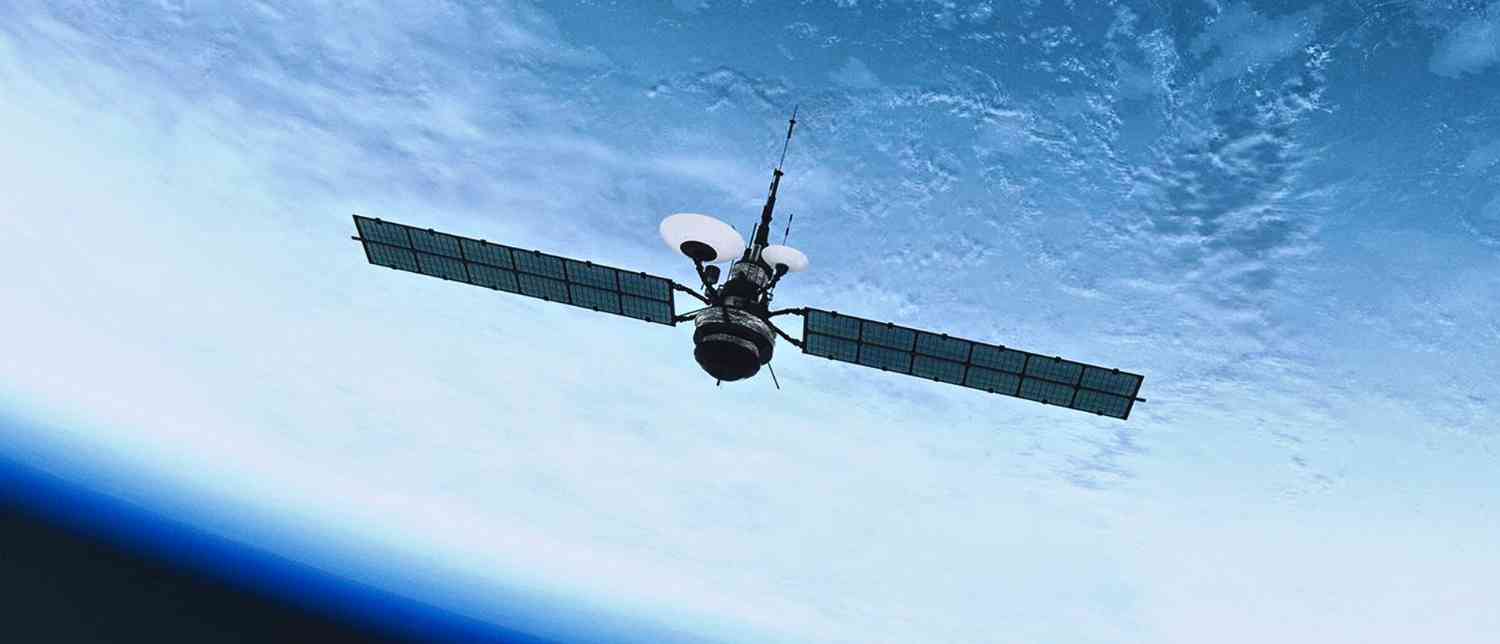India’s space program is preparing to take a major step in protecting its satellites after what officials described as a “near-miss” with a foreign spacecraft earlier this year. The idea is to develop special satellites — sometimes called “bodyguard satellites” — that can safeguard Indian assets in space. This reflects a growing global concern that outer space is no longer just a place for science and communication, but also a zone where competition and security tensions are increasing.
What Happened in Space
According to reports, a recent incident saw one of India’s satellites come unusually close to a foreign spacecraft. Officials did not name the country or the satellite involved, but the event has raised alarms within India’s space and defense community. A collision in orbit could have produced thousands of pieces of dangerous space debris, affecting not just India but many other nations that rely on satellites for daily services like communication, weather reporting, GPS, and television.
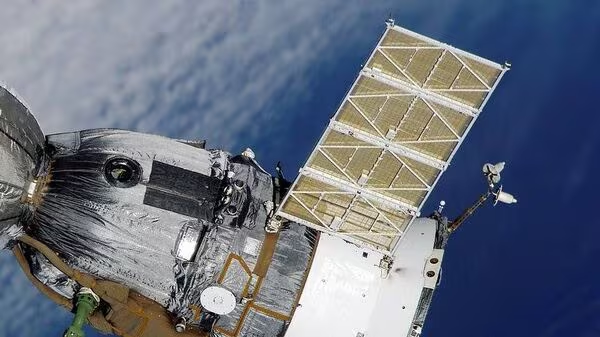
This is not the first time such risks have been discussed. In the past decade, the number of satellites has grown rapidly, especially due to private companies launching large constellations of satellites for internet services. The European Space Agency reports that more than 11,500 satellites have been placed into orbit since the beginning of the space age, and around 9,000 are still active today. Space is getting crowded, and the traffic is only increasing.
What Are ‘Bodyguard’ Satellites?

The new plan by India involves creating satellites that can act as protectors for other satellites. These “bodyguards” would not necessarily be weapons, but they could perform tasks like:
-
Monitoring nearby space traffic and warning of possible collisions.
-
Moving quickly to push away or block suspicious objects if they come too close.
-
Helping repair or reposition Indian satellites if needed.
Simply put, these satellites could function the way security guards protect important buildings. Instead of protecting a bank or an office, they would protect India’s satellites that are used for defense, national security, scientific research, and daily life services.
Why Is India Concerned?
India’s concern is not unusual. The United States, China, and Russia have all been developing advanced space defense programs. Some of their satellites are rumored to have capabilities to disable or interfere with others. For example, in 2022, the U.S. Space Command warned that Russian satellites had come dangerously close to American spacecraft. Similarly, China tested an anti-satellite missile back in 2007, which created a large cloud of space debris that still threatens satellites today.
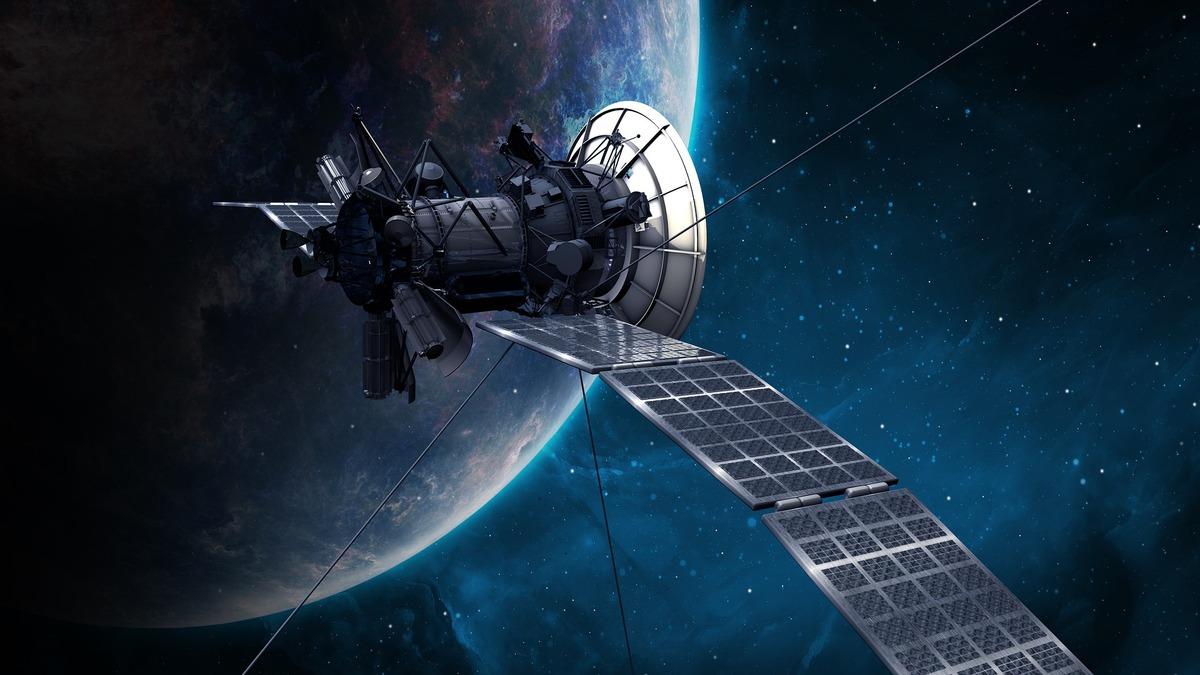
India has already shown its capabilities in this field. In 2019, it tested a missile that destroyed one of its own old satellites in orbit. The government at that time called it a “demonstration” to prove India could defend its space assets if ever required. However, experts had warned that adding debris to space was risky for everyone.
So, the new focus on “bodyguard satellites” seems to be a middle path — aiming to protect Indian satellites without creating unnecessary debris or tensions.
Space researchers suggest that this development could be both necessary and challenging.
-
Security experts say that it is important for India to keep pace with major powers. The country’s defense depends greatly on space technology. Satellites are used for navigation of forces, surveillance of borders, and communication across land and sea. A single collision or hostile action in orbit could affect operations on the ground.
-
Scientists and engineers caution that developing such satellites will take time and resources. The Indian Space Research Organisation (ISRO) is already busy with scientific missions — such as Chandrayaan for moon exploration and Aditya-L1 for solar study. Adding a complex defense project could stretch budgets.
-
Global voices warn that turning space into a military field could trigger mistrust among nations. Once one country develops bodyguard satellites, others may try to outdo it with more powerful systems. This could raise the chances of conflict rather than reduce them.
Why Ordinary People Should Care
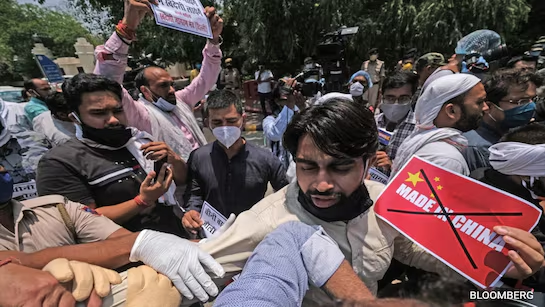
For many people, space seems far away and disconnected from daily life. But satellites affect everyone more than we realize.
-
Mobile phones and TV signals often depend on satellites.
-
Farmers rely on satellites for weather and crop predictions.
-
Airplanes and ships use satellites for safe navigation.
-
Governments use satellites to track floods, cyclones, and earthquakes.
A satellite clash in orbit could disrupt these services for weeks or months. That is why countries, including India, are taking space security very seriously.
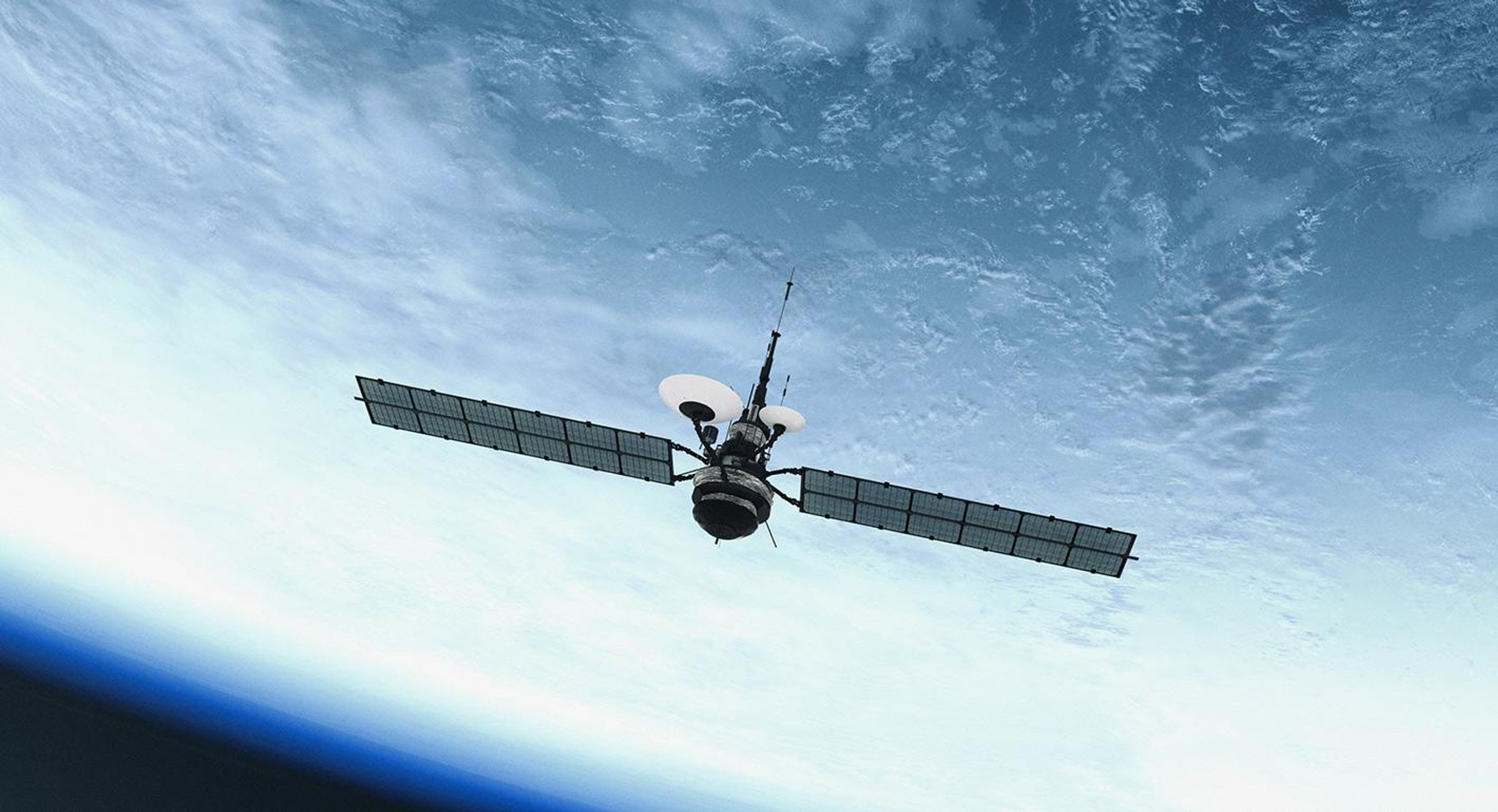
The question now is whether India can balance its scientific dreams with security plans. India has earned global praise for being a low-cost, high-innovation space power. Its Mars mission was completed at a fraction of the cost spent by bigger nations. The country has always presented itself as a peaceful user of space. But if it moves strongly into satellite defense, other nations may see it as joining the race for military space power.
At the same time, space safety is a shared responsibility. The United Nations already urges countries to avoid creating dangerous debris and to share information when risks of collision arise. India’s move could also be seen as part of this larger effort — not to fight in space, but to keep space cleaner and safer for all.
The Road Ahead
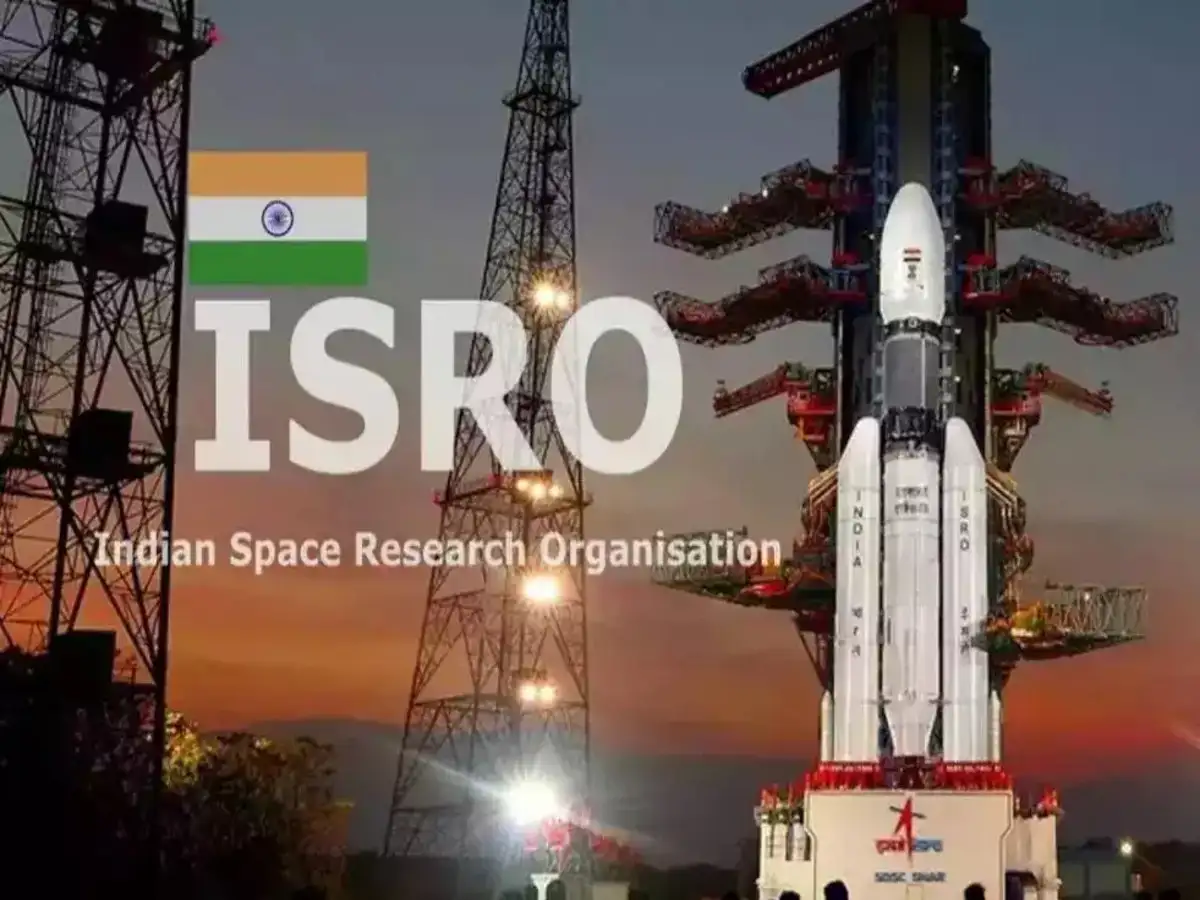
It is expected that ISRO, together with India’s defense agencies, will work on designs for these new satellites in the coming years. The technology may start small, focusing on monitoring and collision prevention, before moving to advanced features.
For India, the core challenge will be proving that bodyguard satellites can protect without threatening others. If done carefully, it can set an example to the world on how to manage crowded space lanes without turning them into a battlefield.
In simple words, India wants its “space police,” but how these guards behave will decide whether they bring peace above the skies — or spark a new competition.
With inputs from agencies
Image Source: Multiple agencies
© Copyright 2025. All Rights Reserved. Powered by Vygr Media.

